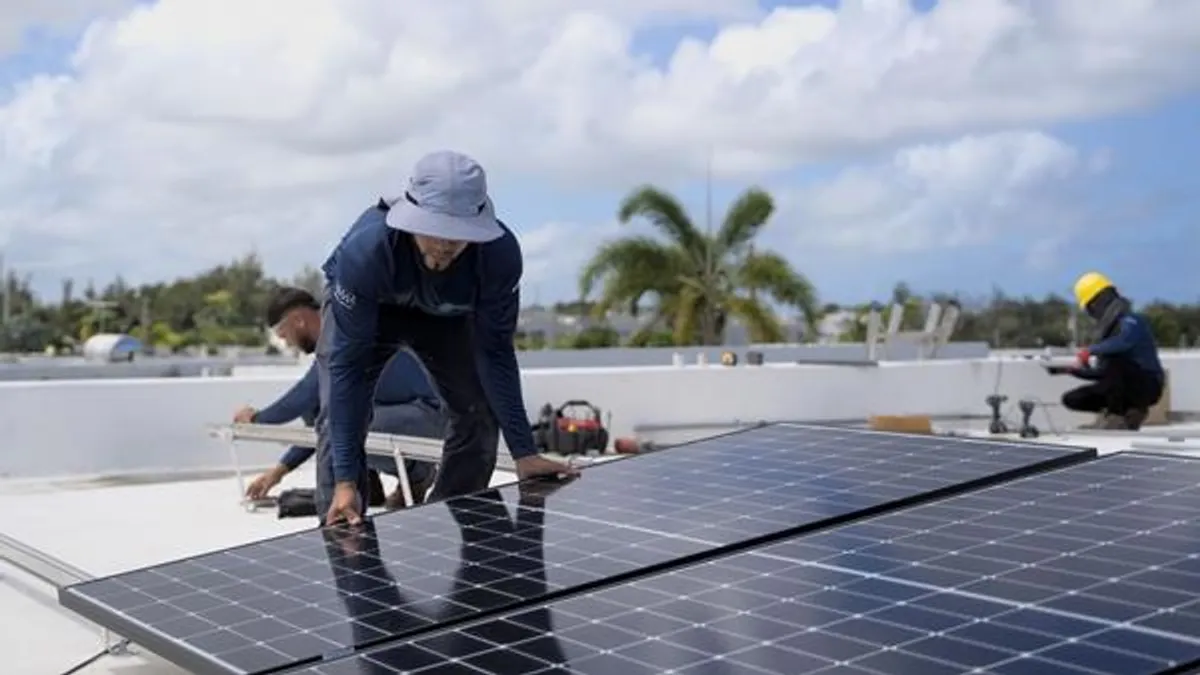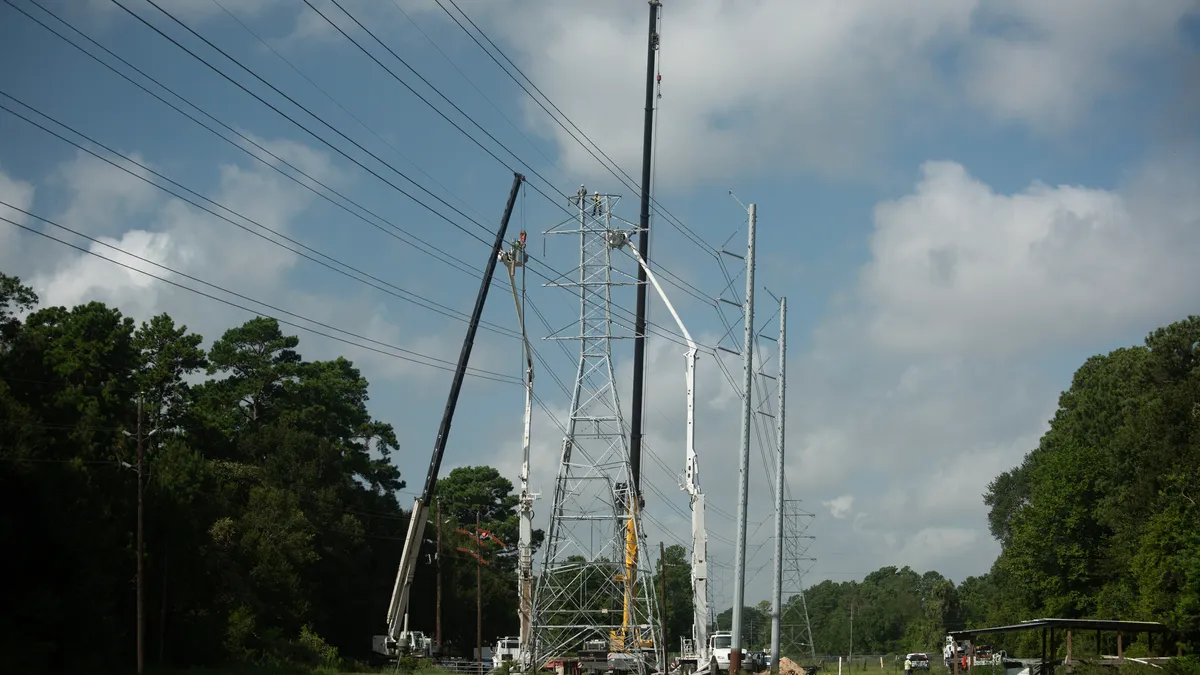Ayelet Hines is director of community engagement at Tigercomm.
To understand why 15% of U.S. counties have passed bans on renewable energy — with a 111% increase over the past year — you must understand two fundamental tensions at work right now.
First, there is the tension of climatological imperative — the ultimate action-forcing factor that has governments, companies and communities scrambling to avert the worst effects of a warming planet. The clock is running down faster than the transition is speeding up.
Second, there’s tension created by a spectrum of sincerity with which traditional fossil fuel players are relating to the energy transition. Some are genuine, like BP, which invested heavily in solar with its purchase of Lightsource. And there are utilities that used to burn lots of coal and are now buying large amounts of clean energy.
The biggest single portfolio of clean energy projects is owned by NextEra, which has doubled down on renewables and is the parent company of one of America’s biggest utilities. At the very far end of the spectrum are ExxonMobil and the guys who listened to Trump’s recent pitch to give him $1 billion in campaign cash in exchange for killing offshore wind and lifting common-sense anti-pollution standards instituted under President Biden.
You can glue yourself to all the paintings you want. You can break into Tesla factories or vandalize historical sites, but none of that makes fossil fuel infrastructure go away. It must be transitioned.
We need to give enough room in the transition for open-minded fossil fuel companies to find a way to be part of it. Not through green washing, like ExxonMobil’s former algae biofuels initiative. But through actions that make substantial carbon pollution cuts.
We must create an option for these companies other than going out of business. The reality is that profit margins are higher for polluting fuels, and that encourages their processors to commit to pulling the last drop of oil out of the ground and thwarting any effort to stop them from doing it.
Even the sincere actors that burn bad stuff today but want to do it right need more runway than the science says we have.
Helping to clear the way for them to transition themselves is a much faster route than winning global and national policies that regulate them out of polluting.
So, you have the sincere companies that want to transition away from dirty fuels, and those that want to kill the transition. The transition killing companies are playing a political game that they’ve gotten very good at over the last 50 years.
Polluters have been sharpening their political skills since 1971, the year the Powell Memo was issued. For those who aren’t familiar with the Powell Memo, it was written by Lewis Powell, before he was appointed to the United States Supreme Court. He wrote the memo to the U.S. Chamber of Commerce, and it became the blueprint for polluting business interests to take America back from progressive activists. The memo emphasized the importance of using a long-term political strategy to build political power and to shape the national conversation to enable them to achieve their political goals.
Renewable energy companies are trying to unseat the most powerful industry in the world. The polluters who want to kill the transition have created political headwinds that are grinding the transition to a halt for everyone else, including the companies that really do want to move away from dirty fuels.
Renewable energy developers will be no match for that high-level game if we are not even doing the basics well. Until we do, we will be playing defense.
The basics aren’t complicated, but they require adequate resources to pull off. First, we must give the local officials who will either grant or deny a permit the political cover they need to support it. It’s our job to make the right choice the politically safe choice for them. We’re not doing that.
Next, every political campaign is a race to define the issue. We must stop pretending that humans are rational creatures who work off detailed fact sheets. The research is in: Humans are emotional creatures first, rational creatures second. We can be no other way. Stop letting a small handful of opponents frame a local debate first with their emotional, values-based language, and respond too late with fact sheets. We must fill the communications vacuum first, with framing that connects at an emotional level, delivered by culturally credible messengers.
Finally, recognize that we’re in a multi-jurisdictional political fight, and budget accordingly. We’re not losing a public relations or marketing fight; we’re losing hundreds of small-scale political campaigns. We have the polluters’ paybook, but we don’t have one of our own. Renewable energy companies are wildly underinvesting in political solutions to this existential threat. We know how to solve this. But we need renewable energy companies to revamp their approach to meet the political realities they face.





















